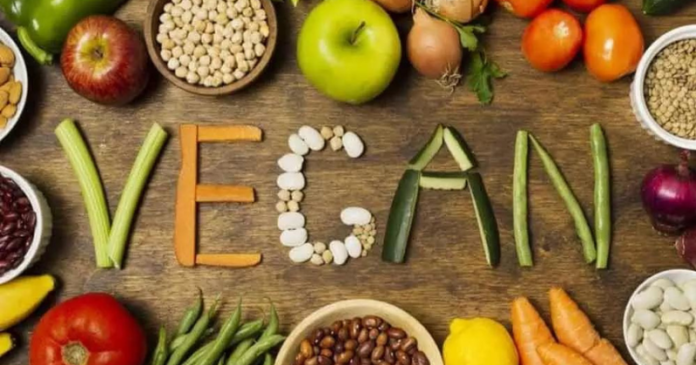
Are you curious about Veganism? What is it? Can a vegan diet aid in weight loss or help you to stay fit? If yes, then folks, you are in the right place and we have got you covered. There are a lot of misconceptions about following a vegan diet which includes not getting enough protein and nutrients as veganism seems restrictive. The term ‘vegan’ seems fancy but did you know that it was formed by combining the first and last letters of the word ‘vegetarian’. We are here to answer all your questions about veganism, so without further adieu, let’s get started.
What Is Veganism?
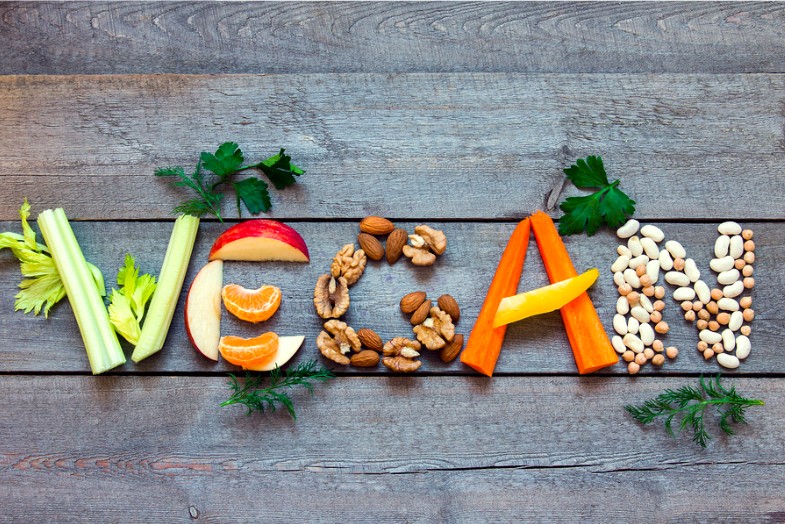
Veganism is a type of vegetarian diet where any food derived from animals is avoided at all costs. Veganism is excluding all meat products, eggs, and dairy products from the diet and refraining from eating anything that has been processed using animal products.
The term ‘vegan’ nowadays is not just limited to following a plant-based diet. Veganism also includes avoiding the use of products tested on animals like certain cosmetics and household products. Non-food products such as wool, fur, and leather are also excluded as veganism is all about living a cruelty-free lifestyle.
‘Vegan’ is used to refer to a person who follows a plant-based diet, the diet itself, and also to describe or refer to a food item.
What Do Vegans Eat?
As vegans completely refrain from eating meat and all kinds of dairy products, the first question that comes to our mind about veganism is what do vegans eat? A vegan diet basically includes food that you can make by combining different kinds of grains, legumes, fruits, vegetables, etc.
Here is a list of foods that vegans consume:
- Whole grains: Vegans tend to include whole grains in their diet such as whole wheat. Quinoa, brown rice, whole oats, whole grains bread, and pasta.
- Lentils, Beans: Green vegetables, chickpeas, kidney beans, black beans, etc.
- Nuts: Nut butter (non-processed), almonds, cashews, peanuts.
- Seeds: Chia seeds, flaxseeds, hemp seeds, sunflower seeds, and sesame seeds.
- Soy products: Soybeans are a rich source of protein and soy milk is a great substitute for dairy for vegans. Apart from soy milk, certain soy products like tofu, tempeh, and natto are also included in the diet.
- Starchy and non-starchy vegetables
- Fruits and yogurts
- Molasses or maple syrup
The best way to avoid food that contains animal-derived ingredients is to check the food labels when you are shopping.
Difference between Vegans and Vegetarian
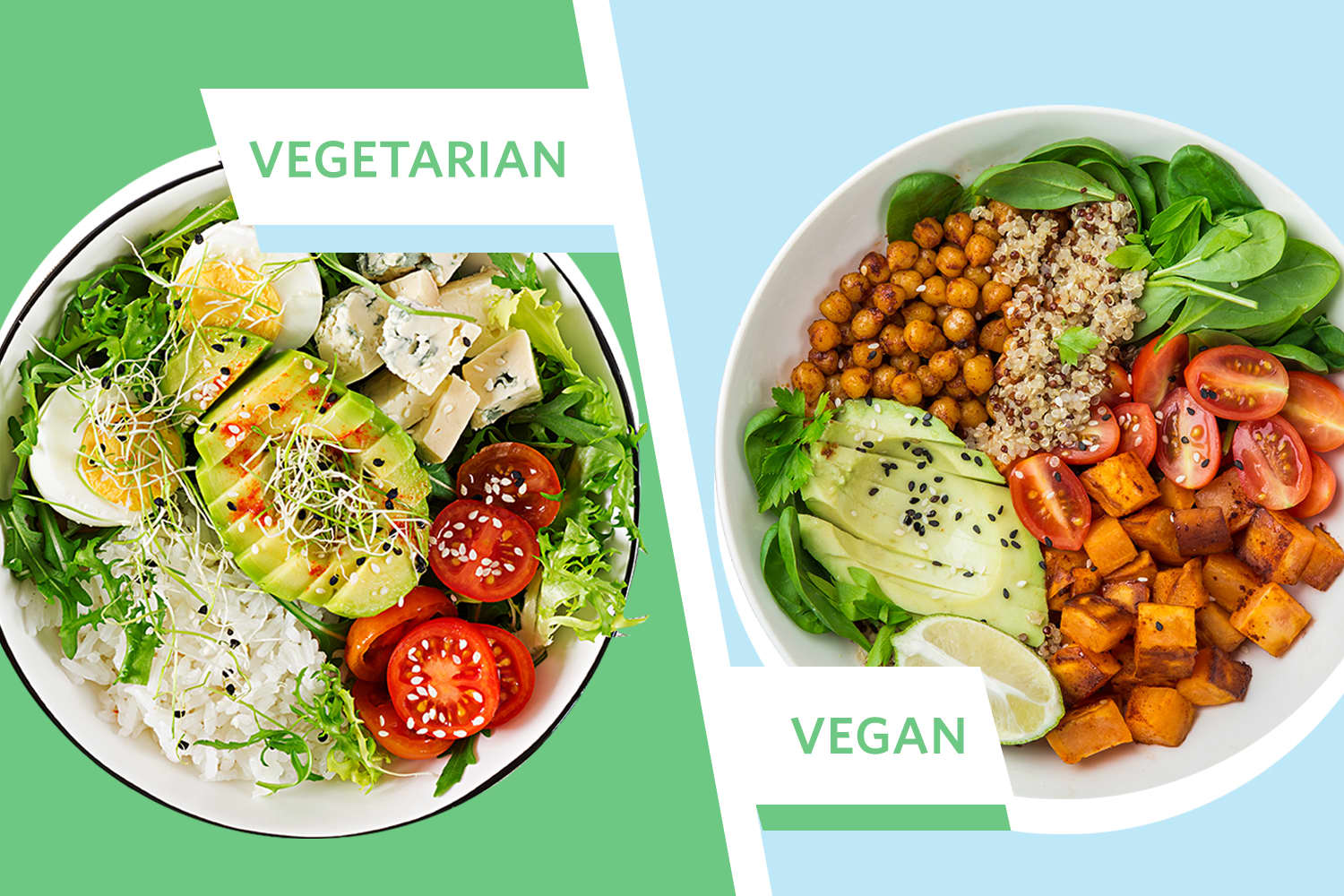
The main difference is that vegetarians don’t eat animals but they may include animal products like eggs and dairy in their diet whereas vegans restrict everything that is related to animal cruelty.
People generally follow these lifestyles for ethics, religious purposes, and health.
Do vegans get enough protein and nutrients?
Yes, they do get enough protein and nutrients in their diet. But vegans have to make sure that they follow a balanced diet as veganism is not about just eating salads. Vegans can get enough protein from plants and plant-based food products. Plants are rich protein sources and it has been studied that people who follow a non-vegetarian diet tend to intake excess animal protein which can result in serious health complications. So, plant-based proteins are a healthier choice.
Vegan Diet To Stay Healthy and Lose Weight
Want to lose weight and get back in shape by following a vegan diet? You are on the right path just make sure that you do it with proper knowledge and follow a balanced meal plan.
Pros:
- Whole grains are rich in fiber and help you stay fuller for longer: Good digestion, more energy, and less binge-eating.
- A vegan diet is low on calories, so the calorie intake is less if you follow a vegan diet.
- More antioxidants from plant-based food, nuts, and seeds.
- Improved Calcium and Bone density as vegan foods are less acidic compared to meat.
- A vegan diet helps in reducing bloating and helps you look slim.
- Hormones are more balanced
How to reap the maximum benefits from it:
- Manage and take care of your portions
- Eat your meals at a specific time
- Make sure your protein intake is adequate
- Don’t binge on desserts even if it is plant-based
Cons:
Following a vegan diet may lead to restricted intake of certain important nutrients which are mainly present in dairy or animal products. So, balance is the key.
To keep your diet balanced you can also opt for supplements rich in:
- Vitamin C, D, and B-12
- Iron
- Omega-3 fatty acids
Health Benefits of Veganism
Research and studies suggest that pursuing veganism and a vegan diet have a lot of health benefits.
Better Heart Health:
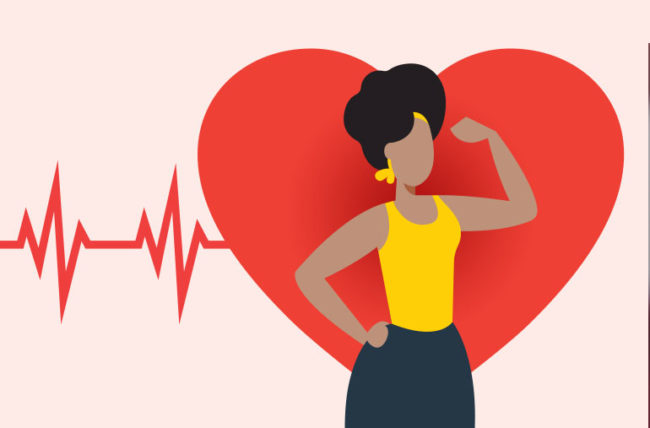
Reduced intake of animal products reduces the possibility of suffering from heart disease. Animal and dairy products have saturated fat which raises cholesterol levels. So, avoiding animal products can save you from a heart attack.
Lower Cancer Risk:
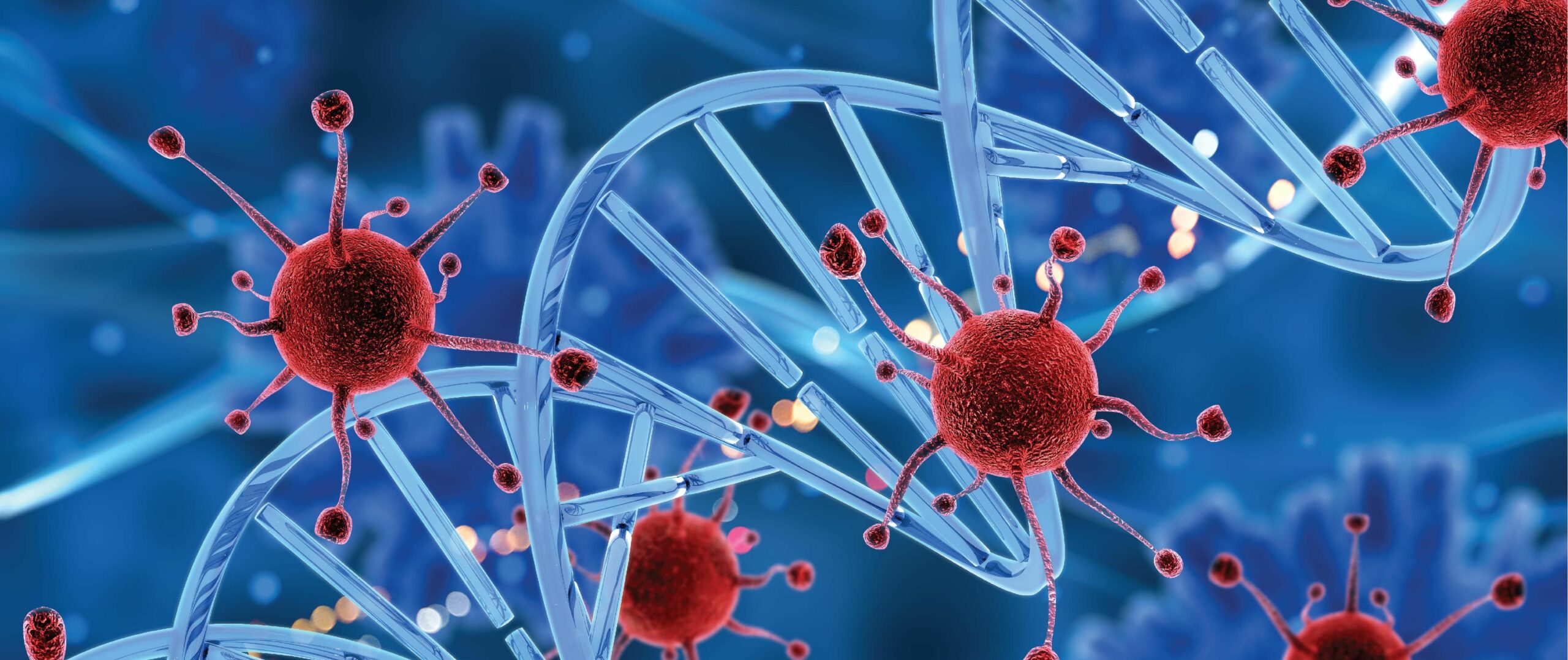
According to reports, processed meat contains carcinogens that possess a risk of cancer. So, eliminating them from the diet will reduce the risk of cancer. Plant foods are rich in biologically active compounds which provide protection against cancer. They are also rich in fibers and phytochemicals.
Lowers the risk of Type 2 Diabetes:

A vegan diet is rich in plant-based foods like vegetables, fruits, whole grains, nuts, and legumes which are healthy and perfect to reduce the risk of Diabetes.
So, now you know what is veganism? How does it aid in weight loss? What are the health benefits of a vegan diet and how to follow it to reap the maximum benefits from it? If you have any other questions about veganism, do comment down below.
Stay tuned for more updates and information!










